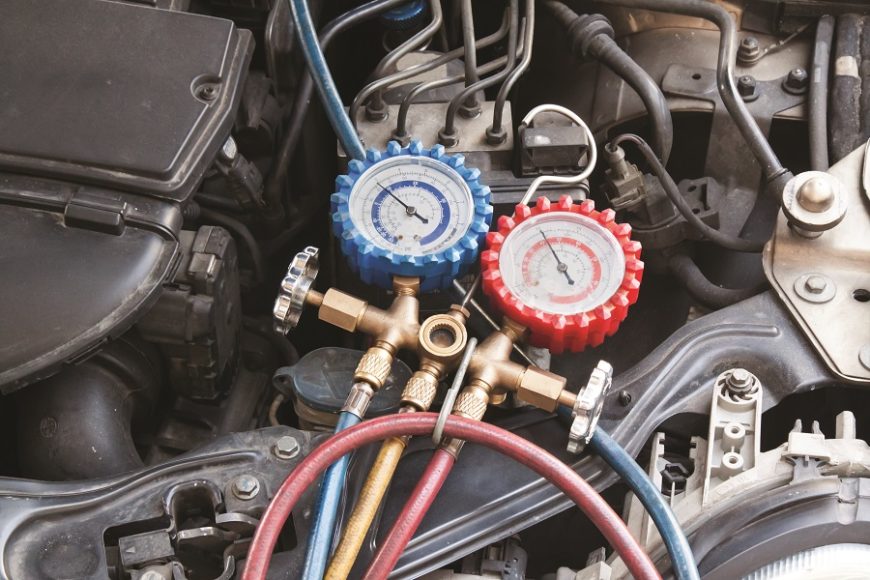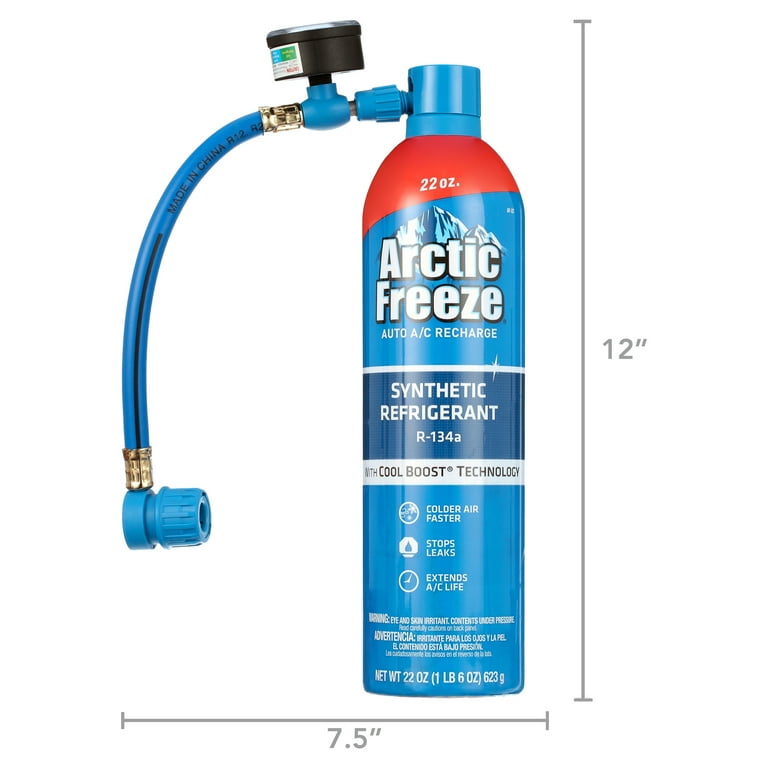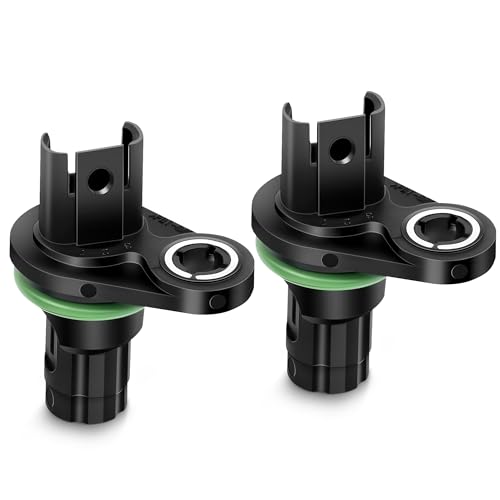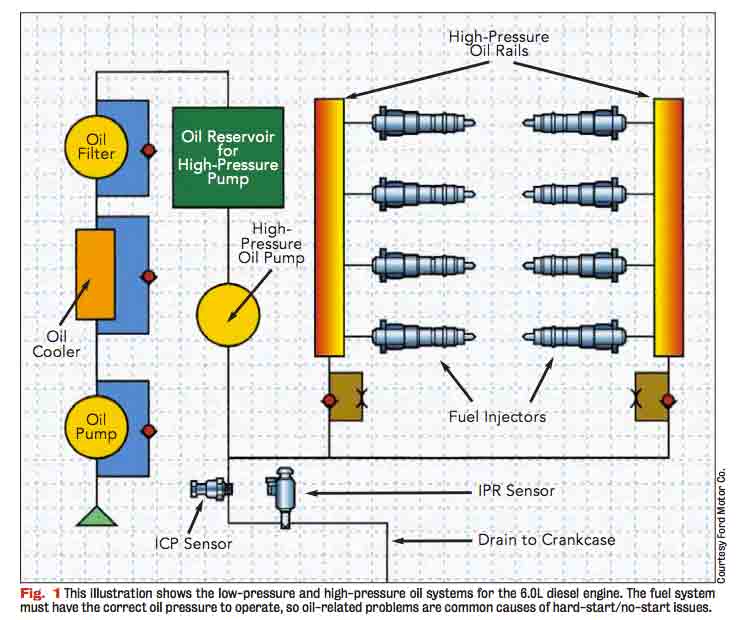Air Conditioner Leaking Freon Car: Expert Solutions
If you suspect an air conditioner in your car is leaking freon, it is best to take it to a shop to diagnose and repair the problem. They can use dye to identify the leak and determine the severity of the issue.
In some cases, they may need to evacuate the AC system to fix the leak. Although using a can of freon with stop-leak might provide a temporary solution, it is not a guaranteed fix. Driving the car without fixing the freon leak can result in the loss of AC functionality.
It is important to address the issue promptly to avoid further complications.

Credit: www.pepboys.com
Locating Freon Leaks
Locating Freon leaks in an air conditioner is crucial for efficient performance. Using UV dye and a special light, technicians can pinpoint the source of the leaks, often found at the evaporator or compressor. Prompt repairs prevent further damage and potential health risks from leaking Freon gas.
Locating Freon leaks in your car’s air conditioning system is essential to ensure its optimal performance and prevent any further damage. One effective method for identifying these leaks is by using UV dye. UV dye is a fluorescent liquid that can be added to the refrigerant in your AC system. When there is a leak, the dye escapes along with the refrigerant and leaves a visible trail that can be easily detected under UV light.
Using Uv Dye To Identify Leaks
To use UV dye, you first need to locate the low-pressure line in your car’s AC system. This line is usually marked with a blue cap. Once you have located the low-pressure line, turn on your car’s engine and connect the UV dye bottle to this line. Allow the system to run for a few minutes to circulate the dye.
After the dye has circulated, switch off the engine and grab a UV light. Shine the UV light around the AC components, including the condenser, evaporator, and compressor. If there is a leak, the UV dye will glow brightly under the UV light, indicating the exact location of the leak.
Common Areas Of Freon Leakage
Freon leaks can occur in various areas of your car’s AC system. Some common areas to check for leaks include:
- Condenser: The condenser is located in the front of your car, near the radiator. Inspect this area for any signs of oil or refrigerant leakage.
- Evaporator: The evaporator is located inside the car’s dashboard. Look for any signs of moisture or oil stains around this area.
- O-rings: O-rings are rubber seals that connect different components of the AC system. Inspect these seals for any cracks or damage.
- High-pressure line: Trace the high-pressure line from the compressor to the condenser. Look for any signs of dye leakage along this line.
By thoroughly inspecting these common areas, you can quickly identify and repair any Freon leaks in your car’s AC system. Remember, it’s important to address these leaks as soon as possible to prevent further damage and ensure your car stays cool during those hot summer months.
Diy Solutions
Is your car’s air conditioner leaking freon? Get DIY solutions and fix the problem without breaking the bank. Find out how to detect and repair small leaks with UV dye or consider taking it to a professional for a more thorough repair.
Keep your car cool and comfortable with these easy fixes.
Utilizing Stop-leak Products
If you suspect that your car’s air conditioner is leaking Freon, one DIY solution you can try is utilizing stop-leak products. These products are designed to seal small leaks in the refrigerant system, helping to prevent further leakage. Simply follow the instructions on the product packaging to introduce the stop-leak solution into the AC system.
Replacing Condenser And Refilling Refrigerant
In some cases, the leak may be more severe and require additional measures. One option is to replace the condenser, which is responsible for cooling the refrigerant. This can be done by following these steps:
- Locate the condenser in your car’s AC system.
- Remove the old condenser carefully, ensuring you don’t damage any surrounding components.
- Install the new condenser in the same position as the old one.
- Vacuum out any remaining refrigerant from the system using a vacuum pump.
- Refill the system with the appropriate amount of refrigerant, following the manufacturer’s specifications.
By replacing the condenser and refilling the refrigerant, you can effectively address the leak and restore proper functioning to your car’s air conditioner.
It’s important to note that while these DIY solutions can be effective in certain cases, it’s always recommended to consult a professional if you’re unsure or if the leak persists. They have the necessary expertise and tools to diagnose and repair any AC-related issues.
Professional Repair Options
If your car air conditioner is leaking Freon, it’s crucial to address the issue promptly to ensure the optimal performance of the system. Professional repair options can provide the expertise and tools needed to effectively resolve the Freon leak in your car. Consulting an auto shop and understanding the costs associated with Freon leak repair are essential steps in mitigating the issue.
Consulting An Auto Shop
When confronted with a Freon leak in your car’s air conditioner, seeking assistance from an auto shop is the recommended course of action. Professional technicians can accurately diagnose the source of the leak and determine the most suitable repair method. The shop may utilize specialized equipment to detect the precise location of the leak by adding dye to the system and conducting a thorough inspection. Depending on the severity of the leak, the technicians may need to evacuate the air conditioning system for repair, ensuring a comprehensive resolution to the issue.
Costs Of Freon Leak Repair
Understanding the costs involved in repairing a Freon leak in your car’s air conditioner is essential for making informed decisions. The expenses associated with the repair may vary based on the severity of the leak, the required repairs, and the labor involved. Typically, the cost of repairing a Freon leak can encompass diagnostic fees, materials such as refrigerant and replacement parts, as well as the technician’s labor. Consulting with the auto shop and obtaining a detailed breakdown of the projected costs can provide clarity on the financial aspects of addressing the Freon leak in your car.
Effects And Risks Of Freon Leakage In Cars
Freon leakage in car air conditioners can have several detrimental effects and pose risks to both the vehicle and its occupants. It is essential to understand the potential consequences associated with such leaks.
Impacts On Ac Performance And Fuel Consumption
- Low refrigerant levels lead to decreased cooling efficiency
- AC may blow warm air or struggle to maintain desired temperature
- Increased strain on the AC system due to inadequate refrigerant
- Diminished fuel efficiency as the AC works harder to cool
Potential System Components Breakdown
- Compressor damage due to lack of proper lubrication from Freon
- Evaporator coil freezing, affecting cooling performance
- Condenser malfunction from inadequate refrigerant levels
- Overall system failure if Freon leakage is not addressed promptly
Precautions And Maintenance
Is your car’s air conditioner leaking freon? It’s crucial to take precautions and maintain the AC system properly. Find a professional shop to detect and repair the leak, or try using a can of freon with a stop-leak solution as a temporary fix.
Just remember not to use the AC until the issue is resolved.
Avoiding Running Ac With Low Freon
Using the AC with low Freon can damage the compressor, leading to costly repairs. Avoid running the AC if you suspect a Freon leak.Signs To Identify Freon Leaks
1. Visible Moisture: Pay attention to any unusual moisture around the AC unit. 2. Warm Air: If the air coming out is warmer than usual, it could indicate a Freon leak. 3. Hissing Sounds: Strange hissing noises while the AC is running may signal a leak. 4. Frozen Coils: Ice buildup on the coils might suggest a low Freon level. Proper maintenance is crucial for preventing and addressing Freon leaks in your car’s air conditioner. Here are some important precautions and maintenance tips:- Regularly inspect the AC system for any signs of leaks, such as oil spots or strange odors.
- Have a professional technician check and refill the Freon levels as recommended by the manufacturer.
- Opt for annual AC system inspections to ensure optimal performance and catch potential leaks early.
Key Takeaways
Maintaining proper Freon levels and promptly addressing leaks can extend the lifespan of your car’s AC system and save you from costly repairs in the long run. Stay vigilant and prioritize routine maintenance to keep your AC running smoothly.
Credit: www.autozone.com

Credit: www.walmart.com
Frequently Asked Questions Of Air Conditioner Leaking Freon Car
Can You Fix A Freon Leak In Air Conditioner Car?
You should take your car to a shop to fix a freon leak in the air conditioner. They can use dye to locate the leak and then evacuate the system to repair it. Alternatively, you could try using a can of freon with stop-leak as a temporary solution.
How Much Does It Cost To Fix A Freon Leak In Car?
To fix a Freon leak in a car, it can cost anywhere from $200 to $1,500 depending on the severity of the leak.
Can You Drive A Car With A Freon Leak?
Driving a car with a Freon leak is possible, but avoid using the AC until fixed to prevent further issues.
Is It Safe To Run Ac With A Freon Leak?
It is not safe to run the AC with a Freon leak, as it can be dangerous and should be avoided.
Conclusion
It’s crucial to address a freon leak in your car’s air conditioner promptly to avoid potential safety risks and increased fuel consumption. Whether by visiting a professional mechanic or using a stop-leak solution, taking action will improve your vehicle’s AC performance and ensure a comfortable and efficient driving experience.





